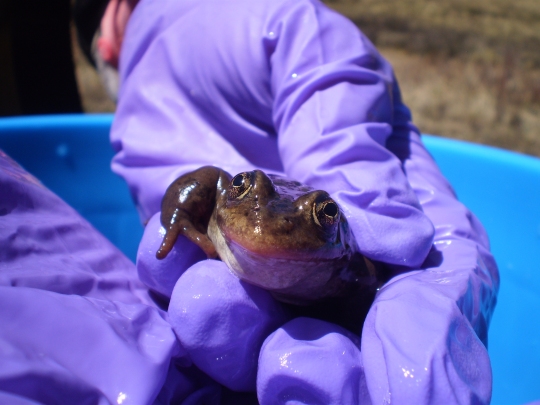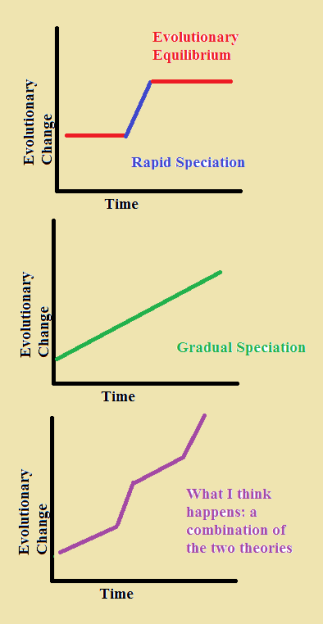Artificial Intelligence
When I first told my sister that I was doing machine learning and artificial intelligence research, her response was “SKYNET???” I will admit that Skynet is a terrifying villain. An intelligence capable of using all machines for its own ends, creating Schwarzenegger cyborgs, AND capable of time-travel? Truly chilling. In fact, most depictions of artificial intelligence are negative: Any Terminator movie, Battlestar Galactica, 2001: A Space Odyssey, Tron. There are some positive portrayals as well. Tron Legacy comes to mind. However, none of these portrayals are reflective of actual artificial intelligence as I understand it. So what is artificial intelligence as I understand it? Its math and procedure. That’s really it. I spend a significant chunk of my day writing mathematical formulas and pseudocode on a whiteboard. Another part of my day is spent translating those formulas and pseudocode into languages that computers understand. Most of the rest is meetings, and the last small part is reading about advances in the field. That’s really it.
Computers do math really well. Humans do not do math all that well. Even the best human in the world cannot do simple operations nearly as fast or as error-free as a computer can. However, humans are really good at estimating quickly. Let’s say you have a field full of frogs (I guess you’re a frog farmer?). Let’s also say you had a frog-farming robot and a human farm-hand. You send the frog-farming robot out to count all the frogs, and you’ll get back an exact number of frogs (assuming appropriate counting procedures). You send the human frog-farm-hand out to count all the frogs. It will take the human much longer and the count will probably be less accurate. If, on the other hand, you say to the robot, “Give me a rough estimate of my frogs! Go!” the robot will take longer and produce a poorer approximation than if you gave your human frog-farm-hand the same task. Artificial intelligence is a way for your robot to bridge the approximation gap. If you gave an artificially intelligent robot the frog estimating task, I cannot tell you whether the approximation would be better or worse than a human’s approximation, nor could I predict whether the human or the artificially intelligent robot would be faster. It would depend on the algorithm, the task, and all sorts of other factors. I expect that, depending on the algorithm, artificial intelligence can produce either a better approximation or a faster approximation than a human, but not both.
So. We know that artificial intelligence is just math, that humans are better and faster approximators, that computers are better at exactness and that artificial intelligence allows computers to approximate better. What does all this have to do with evolution?
We are currently seeing a new type of intelligence evolving. Yes, we humans are the drivers of this evolution. However, we are discovering algorithms, math, procedures that work, but no one understands how. Much like human consciousness, we can understand the pieces, but we don’t yet understand how the whole works. I think all intelligence, no matter the type, starts out like this: First there are simple solutions (swim towards the light to find food, count things if you want to know how many there are). Things get more complicated (find food AND avoid predators, estimate how many things because there are too many to count). Eventually, things get so complicated that individual, natural intelligence is insufficient and we must invent computers to handle with the parts of intelligence that we lack.
Computers are currently replacing much of what humans are accustomed to doing and that is scary for so many people. However, we are so far from the days when computers can completely replace us, if they ever can. There is so much about computers, even artificially intelligent computers, that is different from humanity. Our ‘brains’ are so different: made of different things, operate in different ways, focused on different problems. One day perhaps, computers and humans will more fully unite, but I don’t think either side can be fully replaced.
Now we come to the question I’ve been asking myself for months: Could it happen the other way around? Could intelligence evolve for math first, and then develop “computers” to handle approximation and other squishy stuff? When we reach the stars, could we encounter an intelligence we see as artificial with biological “computers” to handle communicating with us?
Would we even know that the math-y intelligence was intelligence? Could we recognize an intelligence so different from our own?




